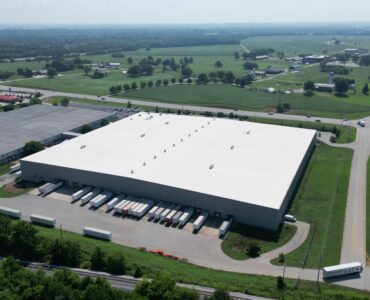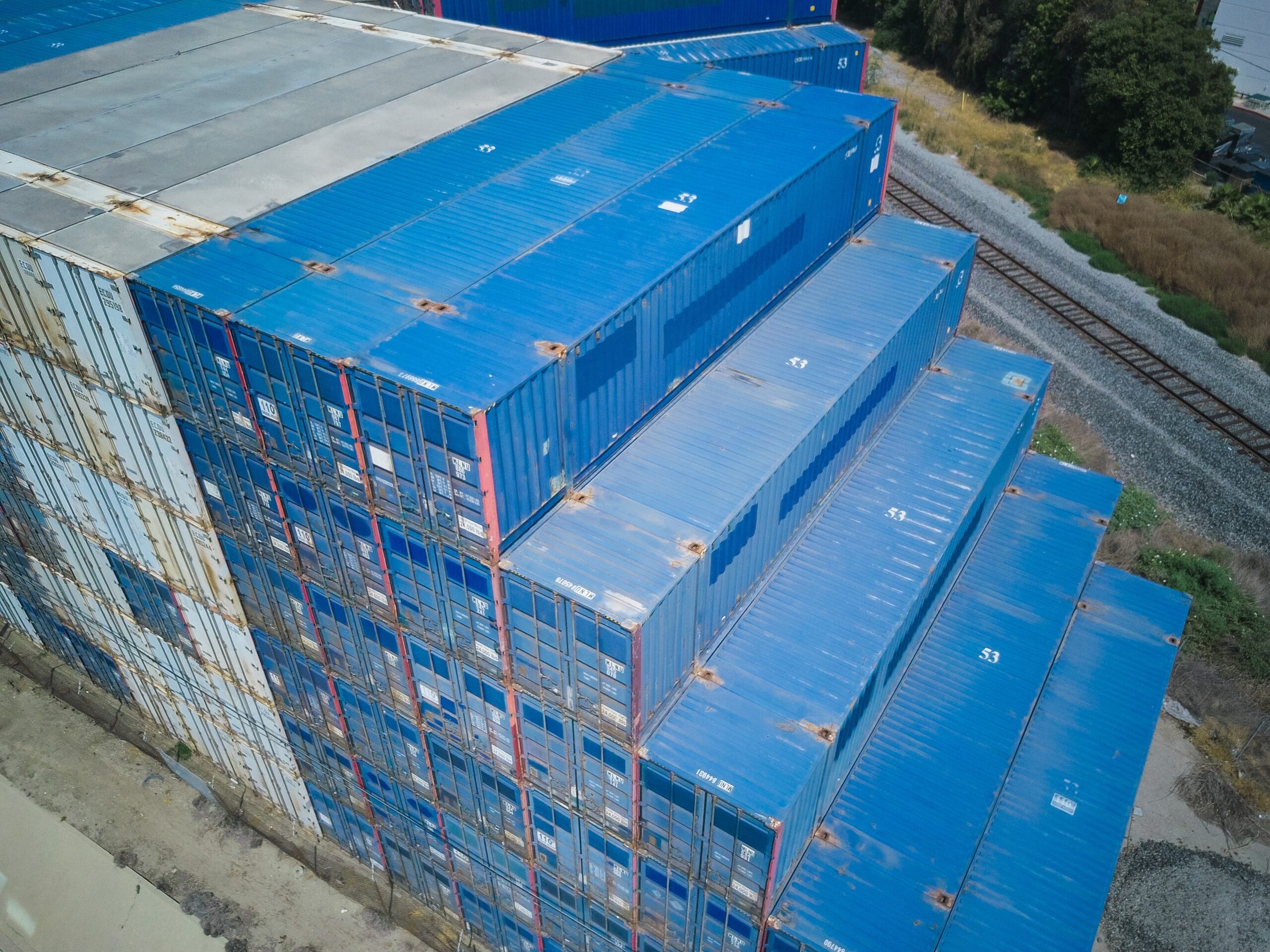What is LTL (Less Than Truckload) Shipping?
In the world of transportation and logistics, there are different modes of shipping depending on the size and weight of the cargo being transported. One of these modes of shipping is LTL or Less Than Truckload. In this blog post, we’ll discuss what LTL shipping is, how it works, and its advantages and disadvantages. What...
27 Mar

What does Deadhead mean?
As someone who’s interested in the trucking industry, you might have heard the term “Deadhead” being used in conversations between drivers or dispatchers. But what does Deadhead really mean, and why is it important to know about it? In this blog post, we’ll dive into the meaning of Deadhead and its significance in the trucking...
18 Mar

How Do Truckers Remain Compliant with FMCSA Regulations
Truckers play a vital role in the transportation industry, and safety on the road is essential. The Federal Motor Carrier Safety Administration (FMCSA) has established rules and regulations to ensure that commercial truck drivers are operating safely on the road. However, keeping up with compliance can be challenging, especially for new truckers or those working...
08 Mar

What Is a Ratecon Sheet and How Is It Used in the Trucking Industry?
If you’re involved in the trucking industry, you may have heard the term “ratecon sheet” before. But what exactly is a ratecon, and how is it used? In this blog post, we’ll explain what a ratecon is and how it’s used in the trucking industry. What Is a Ratecon Sheet? A ratecon, also known as...
28 Feb

Challenges of IFTA Reporting and How Trucking Software Can Help
IFTA (International Fuel Tax Agreement) reporting is a necessary requirement for trucking companies that operate across multiple states or provinces. IFTA reporting involves tracking fuel usage and mileage for each jurisdiction and submitting quarterly fuel tax reports. However, tracking IFTA can be a complicated and time-consuming process that can cause challenges for trucking companies. Here...
28 Feb

How Truckers Get Paid After Delivering Their Load
Trucking is a crucial part of the logistics industry, with truck drivers transporting goods across the country and around the world. One question that often arises is how truckers get paid after delivering their load. In this blog post, we’ll explore the different ways that truckers can get paid, the factors that affect their pay,...
23 Feb

What is IFTA Reporting
IFTA (International Fuel Tax Agreement) reporting is a mandatory requirement for commercial trucking companies operating in multiple states within the United States and Canada. The purpose of IFTA is to simplify the reporting and collection of fuel taxes for commercial trucks. IFTA reporting involves calculating and reporting the amount of fuel purchased and used by...
22 Feb

Trucking Logistics Companies: A Vital Part of Owner-Operated Trucking Businesses
A trucking logistics company plays an important role in the efficient operation of an owner-operated trucking business. The term trucking logistics company refers to a third-party provider that offers comprehensive logistics services for the trucking industry. The services provided by a trucking logistics company can help owner-operated trucking companies manage their daily operations, from dispatch...
21 Feb

What are freight brokerage companies
Freight brokerage companies play a crucial role in the transportation and logistics industry by connecting shippers with carriers to move their goods. As an owner-operator truck company, it is essential to understand what freight brokerage businesses are and how they can benefit your business. A freight brokerage company acts as a middleman between shippers and...



